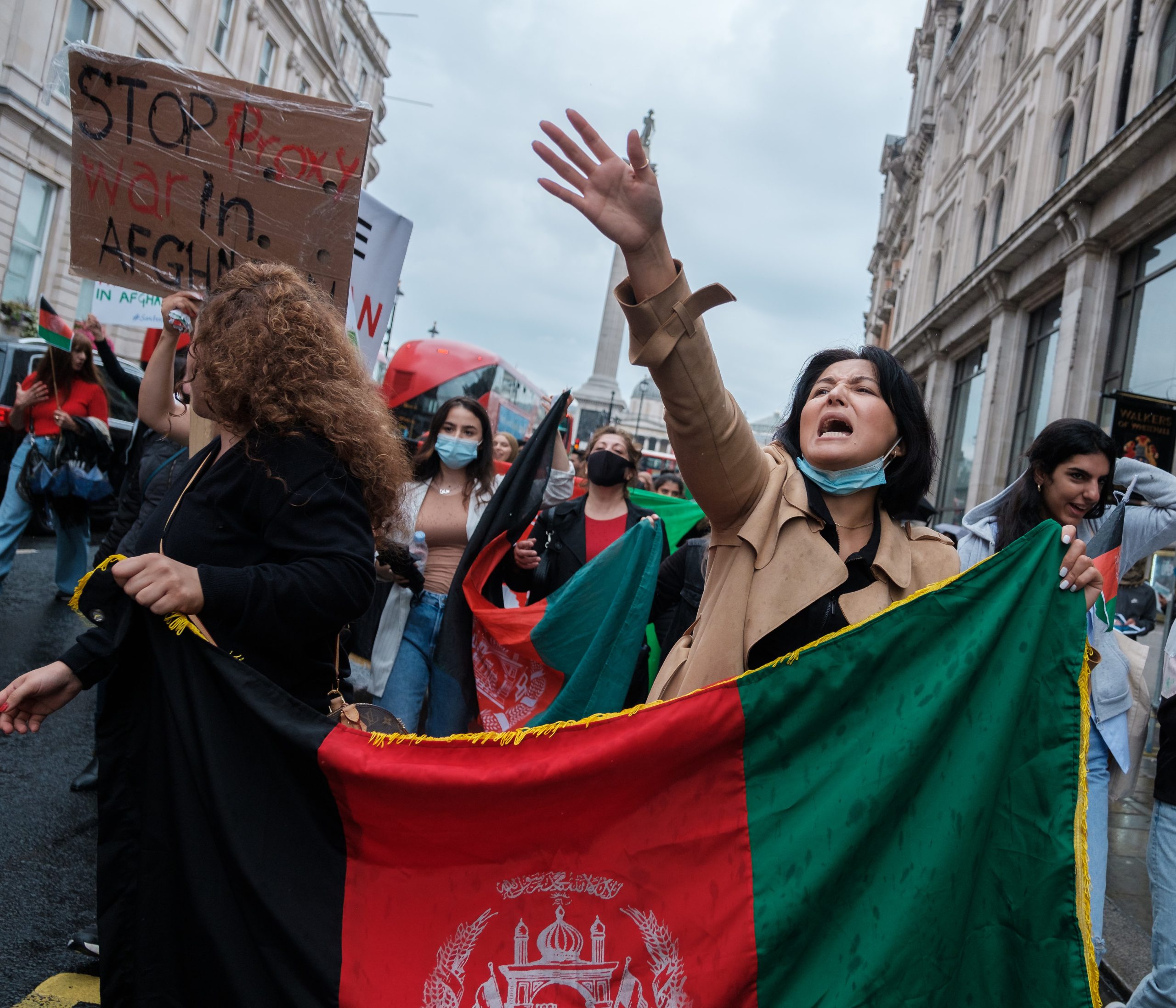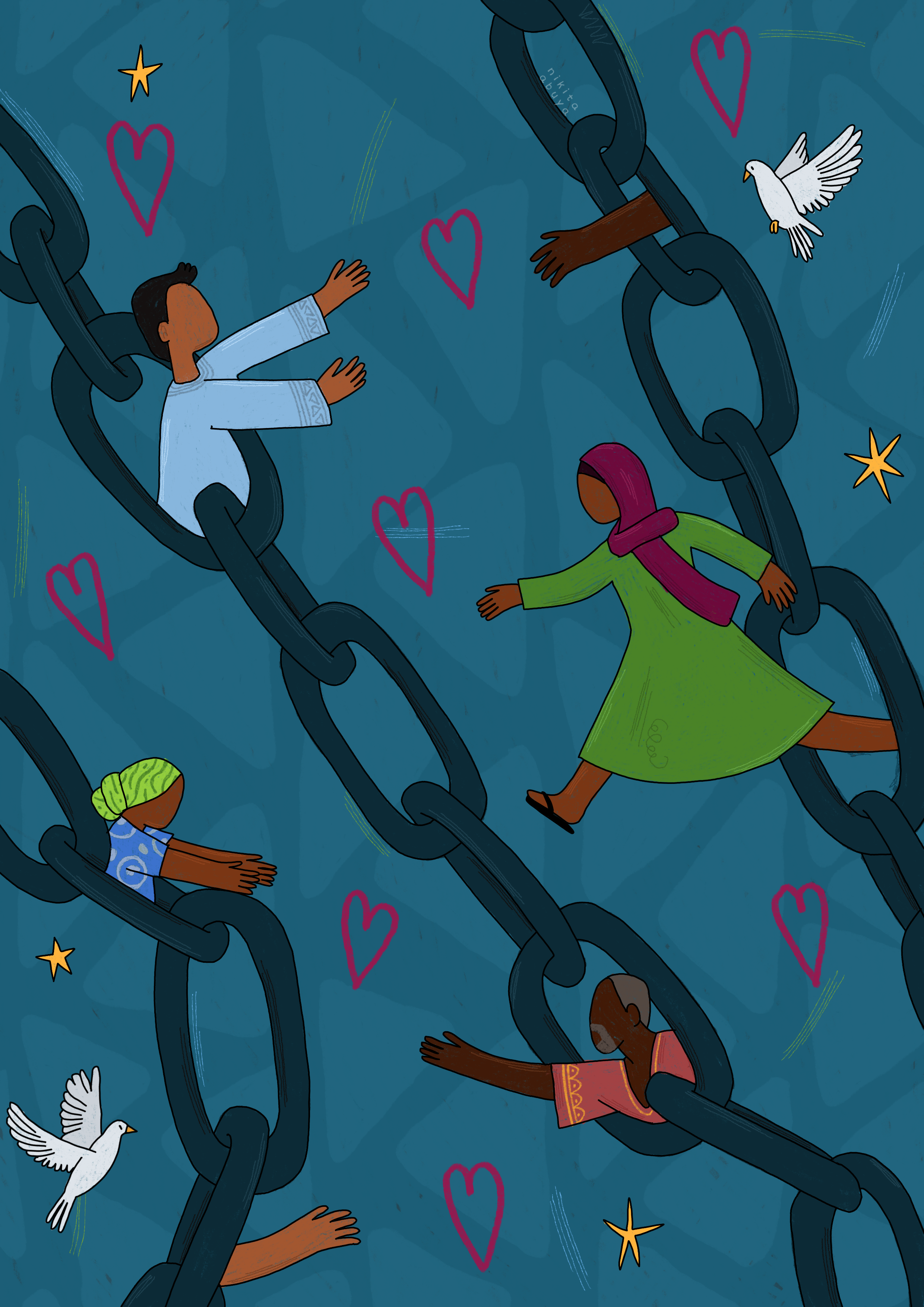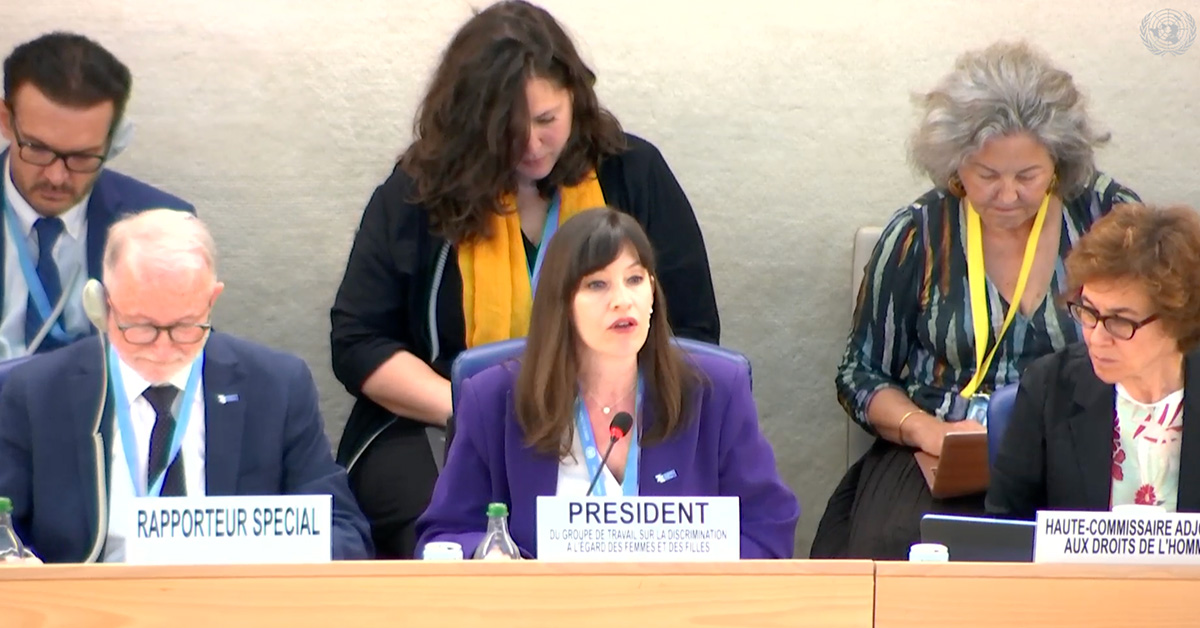“Gender apartheid is not merely a theoretical possibility or legal construct, but a real threat and lived reality for millions of women and girls around the world – a reality that is currently not explicitly codified in international law,” Working Group on Discrimination Against Women and Girls, 20 February 2024
“In Afghanistan, the Taliban continue, aggressively, to seek to erase half of the population from everyday life. Such a system of gender apartheid ruins the development potential of the country.” – UN High Commissioner for Human Rights Volker Türk, 24 May 2023.
“We recommend that the international community develop further normative standards and tools to address the broader phenomenon of gender apartheid as an institutionalised system of discrimination, segregation, humiliation and exclusion of women and girls.” – UN Special Rapporteur on Afghanistan and the Working Group on Discrimination Against Women in Law and Practice, 5 May 2023.
“In Afghanistan, we are rightly concerned about humanitarian aid and frozen assets, but the consequences of a new gender apartheid include women’s employment plummeting sharply since the Taliban takeover.” – UN Women Executive Director Sima Bahous, 8 March 2023.
“As tomorrow you will hold yet another meeting on Afghanistan, I ask you to speak and act forcefully against this gender apartheid and find ways to support Afghan women and girls in their darkest moment.” – UN Women Executive Director Sima Bahous, 7 March 2023.
“The cumulative effect of the [Taliban] restrictions on women and girls has a devastating long term impact on the whole population and it is tantamount to gender apartheid.” – UN Special Rapporteur on the human rights situation in Afghanistan Richard Bennett, 6 March 2023.
“In Afghanistan, unprecedented, systemic attacks on women’s and girls’ rights and the flouting of international obligations are creating gender-based apartheid.” – UN Secretary General Antonio Guterres, 12 January 2023.






